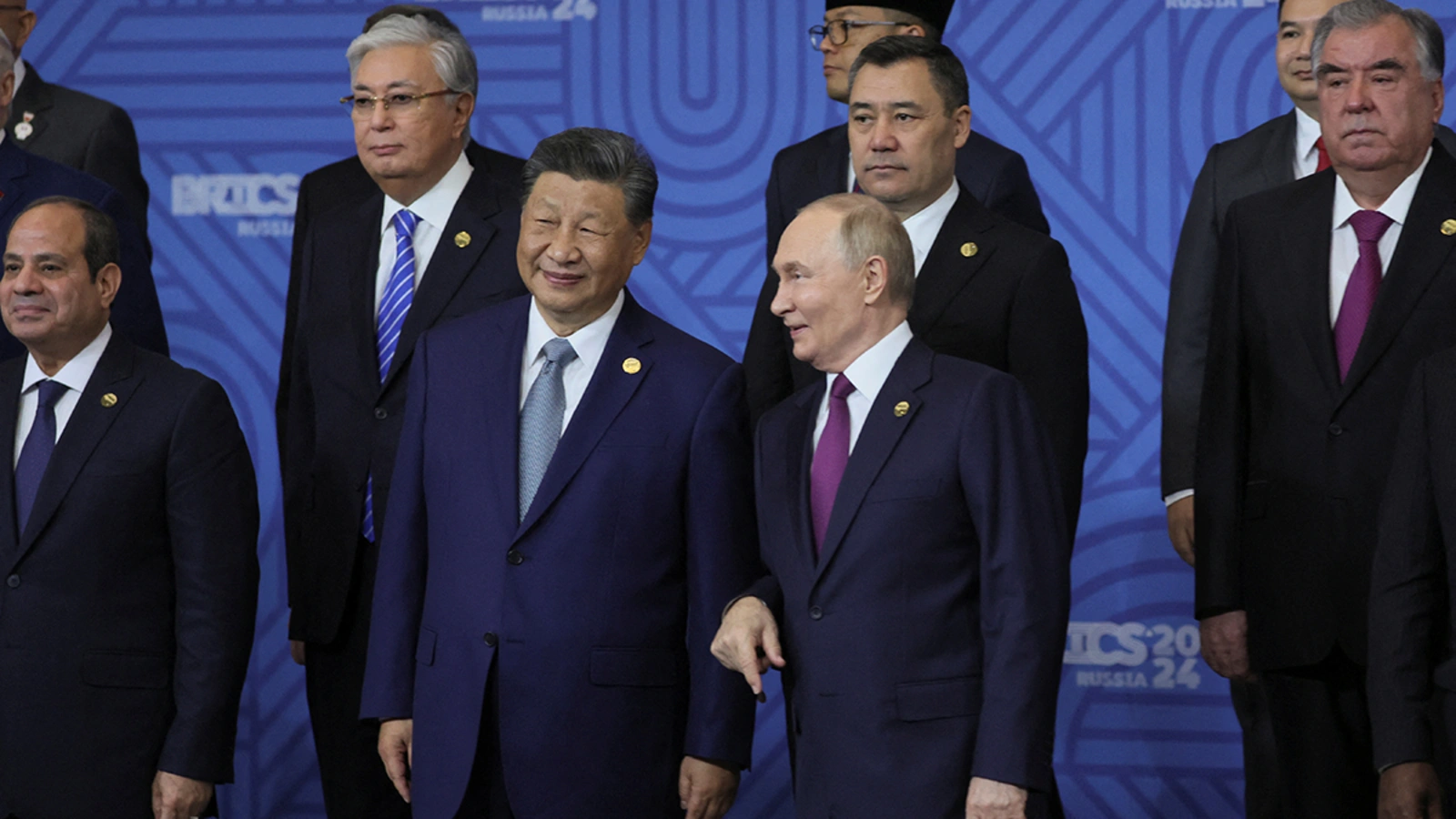- info@glopri.com
- Mon - Sat 8:00 - 18:00. Sunday CLOSE

China's global influence has grown significantly in the past two decades. China's “Going Out policy”, which has resulted in the negotiation and signing of multilateral and bilateral trade agreements globally, is one of the key drivers of this expansion. These interactions have fostered economic, social, and political ties between China and Africa, rapidly expanding in the past decade and a half. African countries are viewed by China as being crucial in increasing China’s global influence. China’s involvement in Africa is primarily motivated by natural resources and new markets just like any other international actors. China has exhibited a keen interest in various resource-rich African nations, with Nigeria being among the top priorities, engaging in specifically economic and infrastructural domains.
China and Nigeria have had economic relations since 1971, shortly after the Nigerian Civil War. Agriculture has historically been a significant sector in Nigeria, with crops such as beans, rubber palm oil, rice, cola nut, melon, nuts, cashews, and groundnuts being widely produced. However, the discovery of oil in 1956 shifted the country's focus towards oil and petroleum as the primary source of revenue. Chinese investments in Nigeria primarily focus on the oil, gas, and road sectors, but also extend to rail construction, power, and telecommunication. The Nigeria-China bilateral relations have several key objectives. This China-African relation ensures a steady supply of raw materials for China as well as enhanced Nigeria’s foreign exchange earnings. It facilitates market expansion for the products of the two countries, provides China with access to land for agricultural purposes, and gains Nigeria's diplomatic support for China's interest at the global level. Through foreign direct investment and the teaching of its own development ideas to Nigeria, China aims to present itself as a viable alternative to the Western growth model. Additionally, migration between China and Nigeria is relatively unhindered.
Nigeria's engagement in ambitious infrastructure projects with Chinese funding is indeed a significant development. The Lagos-Ibadan railway, Lagos-Kano railway line, and The Kano railway line e are all major projects in which China has played a major role. The Lagos-Ibadan Railway, in particular, has helped connect rural areas to Nigeria's industry centers, contributing to the country's economic development. China's provision of loans for these projects, such as the $500 million loan for the $874 million Abuja-Kaduna railway and the $200 million loan for the NIGCOM satellite, highlights its commitment to supporting Nigeria's infrastructure development.
There has been a rise in Chinese investments in Nigeria, intensifying competition between domestic industries and foreign investors. This competition can potentially hinder the growth of the Nigerian economy and undermine its nascent industries, as Chinese competitors are often strong. Nigeria's economy is significantly reliant on China, with 60% of electronic imports sourced from the country, primarily due to their lower cost compared to European alternatives. This dependency can further disadvantage Nigerian middle-range industries, as they struggle with inadequate infrastructure, overhead expenses, and high production costs, making it difficult for them to sell their products in the market. This situation poses a security risk to local companies, as they risk potential collapse under intense competition from Chinese products. Furthermore, Nigeria has encountered situations where it had to seek alternative sources of finance as China - or Chinese banks refused to fund previously committed projects. A recent example is the China Exim Bank declining to proceed with project funding.
The Chinese Embassy in Nigeria has had a negative impact on Nigeria's economic security. Visas are issued to Nigerians seeking to import goods from China, leading many to choose Chinese products over locally manufactured alternatives. This has caused local industries to gradually collapse. Additionally, Chinese companies like ZTE import products from China and employ Chinese technicians instead of producing goods in Nigeria. This has resulted in a lack of job security for many Nigerians. Furthermore, Nigerian workers in Chinese companies often face inhumane treatment, with some being unfairly dismissed and others being overworked and underpaid. The growing presence of Chinese businesses in Nigeria has also led to the closure of many local industries, leading to job losses and personal economic and social insecurity for workers.
Nigerians are impacted by the environmental implications of China’s increasing engagement. China’s growing interest in energy resources has raised concern among conservation groups in Africa. China's expanding economic influence in Nigeria has raised concerns about environmental implications, especially in those areas that are environmentally sensitive. Sectors such as mining, hydropower, and timber, have been particularly impacted in Africa, including Nigeria, raising concerns about the sustainability of their environmental footprint. Although China has an interest in addressing these concerns as part of a long-term project in Nigeria more efforts are required.
Although, Nigeria and China have cooperated for mutual economic gain, Nigeria and China's relation can be better understood through the lens of dependency theory. China, being the more dominant partner in the relationship, has been leveraging its position to shape Nigeria's development strategy. This has resulted in Nigeria becoming a supplier of raw materials for China's industrial expansion while relying on Chinese imports instead of developing its own industries. Consequently, Nigeria has been facing challenges in terms of trade balance and payment.
In conclusion, the deepening economic ties between China and Nigeria carry significant implications for Nigeria's economic development and sovereignty. Despite yielding notable benefits, concerns have arisen over Nigeria's economic security, encompassing issues like the influx of inferior Chinese industrial products, insufficient technology transfer, and the nation's growing dependency on China.